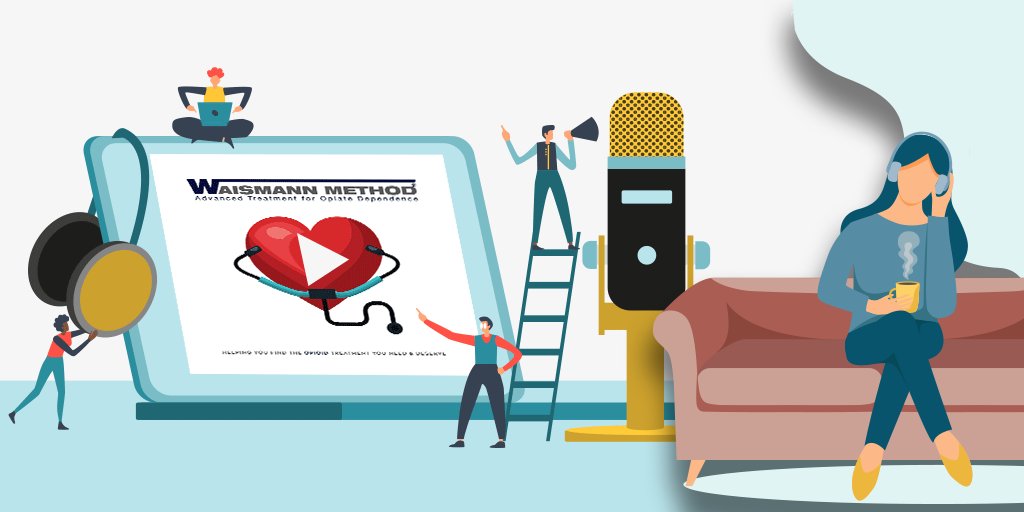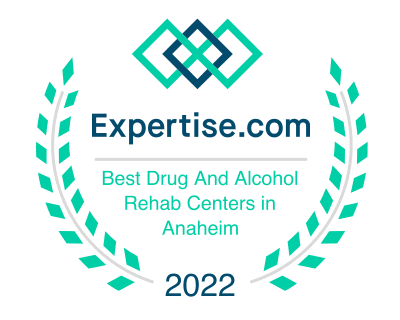Helping Your Loved One Struggling With Addiction
Talking to a loved one about substance use is never easy. Letting them know you are aware of their alcohol or drug use can be even more challenging.
Drug addiction is a major escalating health issue in the U.S, and if you are reading this blog, there is a good chance that you or someone you know is currently suffering from a substance use problem. Often, those who are struggling with substance use do not want to talk about the issue. They might respond with anger or simply walk away from the conversation. Knowing when and how to approach the subject might make a problematic situation a bit more productive.
Suffering from addiction is not easy. Addiction is a condition that is ridden with shame, guilt, and confusion. You don’t want to accuse someone on suspicion. Instead, you want to observe the person very carefully and have your facts in order. Sometimes mental health issues can be confused with substance use and vice versa.
Signs of Substance Abuse or Addiction
Behavioral Signs
The most common and prominent behavioral signs of addiction are mood swings and loss of interest in daily activities. The individual may also start withdrawing from usual family gatherings and healthy relationships with friends out of fear the addiction will be noticed.
Declining changes in appearance can also be a strong indicator of a substance use issue. For example, the individual might skip shaving, cutting hair, or any other everyday grooming habits. You will even notice a lack of shower, brushing teeth, or changing clothes in extreme cases.
They may stop showering, may wear the same clothes several days in a row, or may stop washing and brushing their hair. Another significant negative consequence is the inability to fulfill responsibilities such as work and school. They may also start making up excuses, stop showing up to appointments, and engaging in risky behaviors along similar lines.
To summarize, behavioral signs include:
- Irritability/Anger/Argumentative
- Defensiveness
- Denial
- Rationalizing or minimizing negative behavior
- Blaming others
- Avoiding subjects
- Loss of interest in people or activities
- Lack of responsibility
- Isolating
- Disrupted sleep patterns
- Relationship problems
Possible Physical Signs
Although physical effects are not always apparent, addiction is a progressive condition. Therefore, as time passes, the user will use more and show more apparent signs.
- Looking pale
- Dilated or pin pupils
- Sniffing and runny nose
- Glassy eyes
- Change in eating habits or weight loss
- Nose bleeds
- Speech issues
- Over or underactive
Encouraging a Loved One to Seek Addiction Treatment
As difficult as it may be, substance use disorder is a serious condition that can be life-threatening when left untreated.
Remember, timing matters when dealing with someone under the influence. Don’t try to approach someone when they are clearly too high to comprehend and digest what you are saying or, more importantly, where you are coming from. Instead, choose a time where the person is alert, calm, and receptive. Also, do not point fingers or engage in accusations and blaming games; this will cause anger and frustration, leading you and the person you are trying to help nowhere.
When you are ready to begin to approach your loved one, plan ahead, researching the treatment options, consult different facilities, and organize your thoughts and goals. Regardless of how ready you are, the substance user is likely to respond emotionally, making it all the more critical that you remain grounded.
Be Supportive and Positive
Regardless of how bad this person’s behavior has been, remember, it is not who he is, but a horrible phase he or she is living through. Furthermore, substance use alters how one perceives others or situations. Don’t take it personally if they feel attacked or criticized. Instead, express your concern, speak about your fears, and wishes for them. Discuss how their recovery will have a positive effect on who they care about most.
Show empathy for their feelings and the situation. Remind them that although the recovery path is not always easy, you will be by their side to help them stay strong.
Essential Tips To Remember:
- Be prepared. Think about what you are going to say and possible outcomes. Decide ahead what path you will take if things don’t go as planned. Have treatment information clear and precise.
- Be supportive and encouraging. Show you care, and you are there ready to support and assist, through this challenging recovery path.
- Choose the right time. Make sure to approach the subject at hand when there is some tranquility around.
- Use empathy and respect. Try to put yourself in their shoes for a second. Understand the fear and shame associated with addiction.
- Maintain positivity. Positivity brings hope to those who cannot see the light.
What If They Are Not Ready?
Contact a mental health professional. Allow them to understand and assess the circumstances so that they can give you direction and support. A professional is not emotionally involved, which gives them a clear advantage. They probably have helped many people in similar situations; experience and confidence are critical to solving emotionally intense situations.
Conclusion
While addiction is a very serious condition, it does not have to decide someone’s fate. There are several effective addiction treatment programs out there—some significantly better than others. Do your due diligence, research, and ask questions. It is not an easy or straightforward process, but helping someone you care for overcome addiction, is extremely rewarding and worth every second.
Additional Resources
Waismann Method® Podcast 🎙️ How to Help a Family Member Struggling With Addiction
Clare Waismann, CAODC – Certified Addiction Treatment Counselor, Founder of the Waismann Method® of Advanced Treatment of Opiate Dependence & Domus Retreat, and David Livingston, LMFT – psychotherapist & Clinical Director of Domus Retreat, share techniques, tips, and important fundamentals to help you work with your loved one struggling with drug or alcohol addiction or other substance dependence or abuse.
▶️ Listen to Episode








